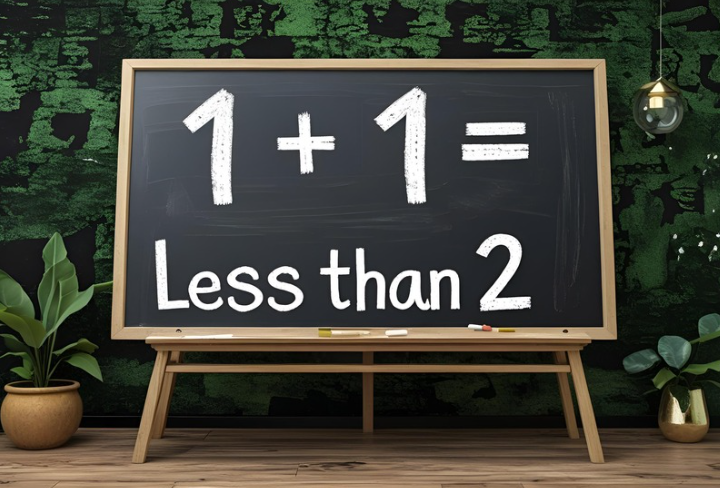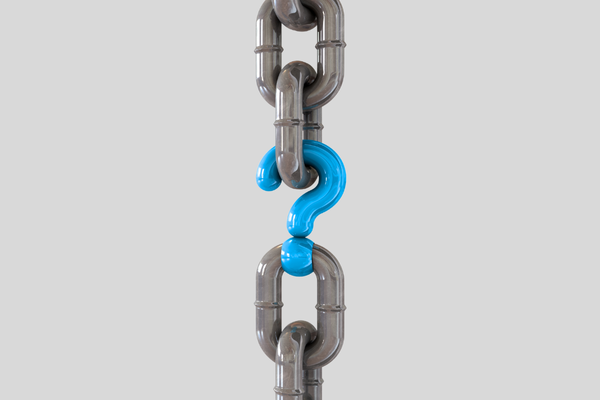Synergy is often cited as the holy grail of team performance: the idea that, when a group comes together, they produce more than the sum of their individual contributions. It’s shorthand for 1 + 1 = 3.
But what happens when the maths works the other way?
When capable individuals form a team but the collective output is less than expected, it’s not always a question of skill. Instead, something deeper – often hidden – may be holding them back.
The Ideal: More Than the Sum of the Parts
The concept of synergy is well-documented. Katzenbach and Smith, in The Wisdom of Teams (1993), describe high-performing teams as those that generate “collective work-products” greater than what individual members could achieve alone. In this model, skills, experiences, and mindsets combine in ways that multiply – not just add to – performance.
In theory, when teams collaborate well, they benefit from distributed cognition, shared accountability, and diverse thinking. Research by Anita Woolley and her colleagues on collective intelligence (Science, 2010) suggests that some teams simply perform better across a range of tasks – not because they have the smartest people, but because they collaborate more effectively, listen to one another, and manage turn-taking.
When the Maths Doesn’t Add Up
Yet in practice, many teams under-deliver. Not just relative to their potential – but relative to what each individual might have accomplished working alone.
There are several culprits:
- Social Loafing: First identified by Latane, Williams, and Harkins (1979), this is the phenomenon where individuals exert less effort in a group than when working solo. In loosely defined or low-accountability settings, this drags performance down.
- Politics and Turf Wars: When team members prioritise their own visibility, control, or agendas, collaboration suffers. Energy is diverted from shared goals to self-preservation.
- Diffusion of Responsibility: Without clear roles, shared ownership becomes no ownership. Tasks slip through the cracks not due to negligence but ambiguity.
- Psychological Safety Deficits: When team members feel unsafe to challenge, question, or admit uncertainty, the team loses access to critical insights and alternate perspectives. Amy Edmondson’s work shows how teams with high psychological safety outperform, even under pressure.
From Drain to Gain
If teams can subtract value, then leaders must do more than simply assemble capable people and hope for the best. They must shape the conditions that enable synergy:
- Make expectations and contributions visible – shared dashboards and public commitments help.
- Foster an environment where challenge and candour are welcome, not risky.
- Clarify roles without killing collaboration – ensure that each member knows what they own, and how they add to others.
High-performing teams don’t just have better people. They work better together.
And, in a time where collaborative work dominates knowledge industries, getting to “more than 2” isn’t just desirable – it’s a differentiator.
Great teams don’t just happen – they’re built. If you suspect there’s more potential in your team than you’re currently unlocking, Exigence can help you shift from well-meaning effort to measurable impact. Drop us a line – we’d love to hear what you’re wrestling with.
***** Subscribe for More Insights: If you found this newsletter valuable, subscribe to receive more guidance on leadership, communication, and organisational performance. *****
Exigence provides a full suite of evidence-based business coaching solutions, driven by a desire to help individuals and teams to achieve their performance potential. Find out more here or contact us to talk through how we can support you.





